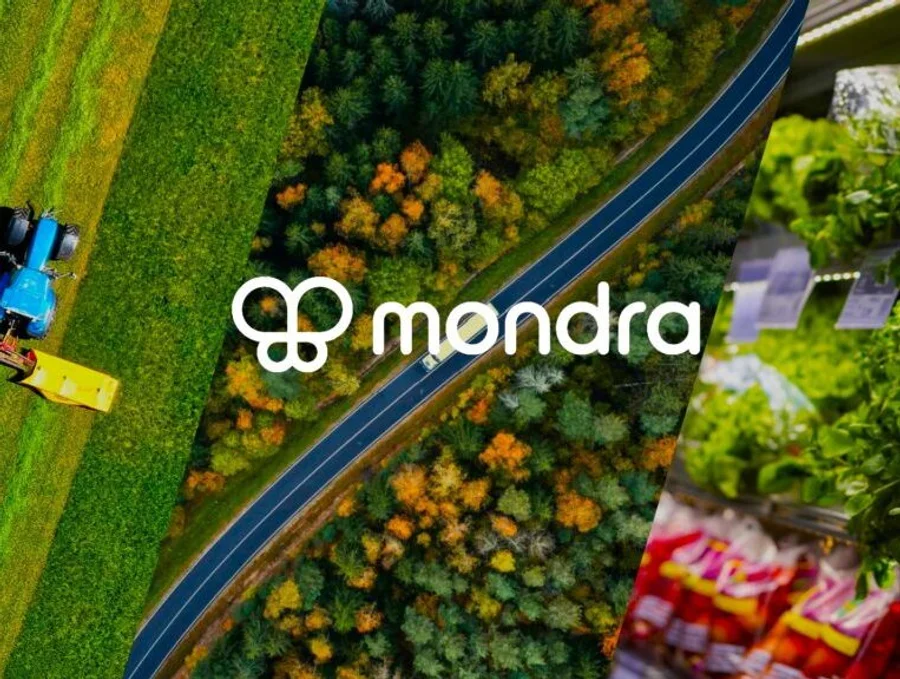Mondra’s AI tool, Sherpa, tracks carbon emissions for food retailers, providing data-driven insights on supply chains to support eco-friendly choices.
Mondra has developed an innovative AI chatbot designed to help food retailers track and reduce emissions throughout their supply chain.
The tool, named Sherpa, leverages Microsoft Azure OpenAI’s secure servers to monitor carbon output at each stage, down to individual ingredients.
Microsoft’s Mondra AI chatbot is specifically designed to address Scope 3 emissions, which Boston Consulting Group (BCG) notes that only 10% of companies currently manage to measure and report emissions across all scopes comprehensively.
Mondra’s solution is set to change that by giving retailers the data and tools they need to make informed, eco-friendly choices.
How Sherpa supports emission reductions
Mondra’s platform utilises automated Life Cycle Assessments (LCAs) at scale, which means retailers can gain a clear understanding of the environmental impact of their products.
This kind of transparency empowers businesses to pinpoint and address emissions hotspots within their supply chain.
A notable example of this is a retailer who in collaboration with Mondra, reformulated their lasagne recipe to achieve an 18% reduction in carbon emissions during production.
Sherpa not only tracks current supply chain emissions but also allows retailers to simulate scenarios where ingredients are sourced from different parts of the world.
This capability is particularly beneficial when considering potential supply disruptions due to climate change, natural disasters or political tensions.
“Mondra’s approach to collaborative decarbonisation is ground-breaking,” comments Jason Barrett, CEO at Mondra.
“We are essentially giving retailers the platform and tools to support planet-positive category evolution, while de-risking their business and taking advantage of the commercial opportunity presented by the net zero economy.”
The chatbot focuses on several key Scope 3 categories, including purchased goods and services, capital goods and upstream transportation and distribution.
By analysing procurement data and engaging with suppliers, Mondra helps companies identify areas where they can reduce their carbon footprint within these categories.
For instance, it can suggest alternative suppliers with lower emissions or recommend more sustainable materials for purchased goods. By providing this targeted support for Scope 3 emissions management, Mondra enables companies to make more informed decisions and take concrete actions to reduce their overall environmental impact beyond their direct operations.
Alison Wright, Small Business Lead at Microsoft UK, highlights the significance of this innovation: “Mondra’s ground-breaking chatbot Sherpa – built using Microsoft AI technology – will be a powerful tool in the fight against climate change.
“Being able to map food supply chain carbon emissions, then make data-driven decisions on how to reduce them, will radically improve the retail food industry’s ability to meet its net zero targets.”
A collaborative approach
Mondra is not working in isolation. The company partners with NGOs, the UK Government and the British Retail Consortium to create a standardised approach for assessing product-level performance and gathering farm data.
This collaborative effort ensures that the data collected is consistent and comparable, making it easier for businesses to track and report their emissions accurately.
“The overlay of Sherpa onto the Mondra platform is game-changing for the industry,” adds Marco De Sanctis, Mondra’s Chief Technical Officer.
“Its querying ability will empower businesses to make data-driven decisions, reducing their environmental impact and improving operational efficiency.”
Sherpa is designed to give retailers real-time insights, which in turn helps them adapt and optimise their supply chains more effectively. By making emissions data readily accessible, the chatbot aids in crafting more sustainable business practices that align with net zero goals.
Microsoft Azure’s broader sustainability mission
Sherpa’s development is part of Microsoft Azure’s broader sustainability mission, which focuses on four main areas: achieving 100% renewable energy use by 2025, becoming water positive by 2030, attaining zero-waste certification by 2030 and ensuring net zero deforestation from new constructions.
Azure is actively involved in more than 40 projects worldwide to enhance local environmental outcomes.
For example, in Dublin, Ireland, a community engagement initiative aims to improve energy efficiency at a local college, fostering energy savings. Across the Atlantic, Azure supports renewable energy training in Virginia, USA, enabling graduates to access solar jobs that boost local economies.
In South Africa, Microsoft Sustainability has taken proactive steps to address water scarcity. With US$100,000 awarded to the Western Cape Provincial Department of Health, smart water metres have been installed in 53 public hospitals in Cape Town, helping to manage water usage and mitigate the ongoing crisis.
These commitments illustrate Azure’s comprehensive approach to combining technology and sustainability for a positive global impact.



